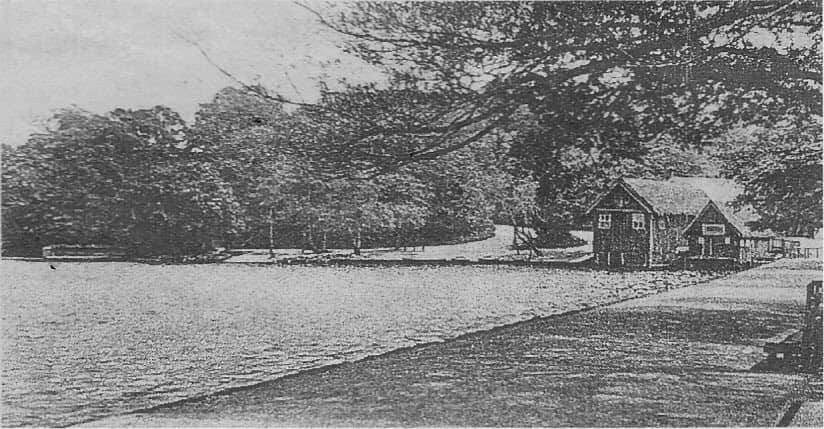
One summer's day in 1936 there was a huge picnic in Sutton Park.
Between them 5,500 children consumed 200 41b loaves, 300 1lb brown loaves, 6,000 rolls, 2,600 sausage rolls, 22,000 cakes and 60 slabs of cake and drank 300 gallons of tea and 14 gallon-barrels and 120 bottles of mineral water.
The majority of these children lived in the poorest parts ofBirmingham and were known as the 'Robins'. Also present were children of a sausage-making business's customers.
Bringing children from the slums of Birmingham for a day in Sutton Park was an enterprise initiated by a city councillor J.G. Pentland; he also organised other treats for these children, including a Christmas breakfast in Birmingham.
After his death in 1918 the visits continued to be organised by another councillor, Charles Mosley and a retailer of second-hand clothing George Makepeace.
The first day trip to Sutton Park arranged by Pentland took place in 1893 with eight children, but these visits soon became huge operations.
The 'Robins' would march down Corporation Street, with bands and banners and, from 10am, were transported by trains from New Street. Pentland contributed to the theatre by wearing a great white coat and sporting a large buttonhole bouquet. At the park the children would take part in sports and games. with footballs donated for their enjoyment.
Before going home at 8.30pm prizes and clothes were distributed. The visits were funded by donations and collections in the city centre and tickets were distributed by the police. For many years Ernest McColloch - known as Ernie the beggar - collected donations in the Bull Ring.
The ‘Robins’ continued to visit Sutton Park every summer until 1939. Pentland and his successors were not alone in organising trips to Sutton Park for children of the poor. J, Stead of the Bordesley and Vauxhall Slum Mission started taking several hundred children in 1901, providing a tea and handing out clothing.
In the 1930s the Co-operative Society began bringing thousands of children to the park where they took out boats on Blackroot Pool and competed in races against their mothers.
Sutton Park: A Social History 1900-1950 by Stephen Roberts is available from Amazon. £5.
Associate Professor
Stephen Roberts